In areas of the nation experiencing extreme heat, millions of people are anticipated to queue up outside polling places as India's six-week election extravaganza gets underway on Friday.
The election is scheduled for early June, and it is generally anticipated that Prime Minister Narendra Modi will be re-elected to a third term.
However, compared to the last election in 2019, participation in the first round of voting last week fell by roughly four points to 66%, with Indian media sites speculating that above-average temperatures were the cause.
The districts that have seen temperatures exceeding 40 degrees Celsius (104 degrees Fahrenheit) this week are included in the second round of the poll, which is being performed in stages to lessen the enormous logistical load of holding an election in the most populated nation on earth.
According to a report released by India's meteorological service on Thursday, a number of regions would experience extreme heatwave conditions throughout the weekend.
This includes sections of the eastern state of Bihar, where this week's temperatures exceeded the seasonal norm by more than 5.1 degrees Celsius and five districts will vote on Friday.
Karnataka state in the south and parts of Uttar Pradesh, India's most populous state and heartland of the Hindu faith, are also scheduled to vote while facing heatwave conditions.
The Indian Election Commission announced earlier this week that a task team had been established to examine the effects of heat waves and humidity before to each voting round.
The decision may have been made due to worries that the high temperatures "may have resulted in a dip in voter turnout," according to the Hindu newspaper.
The commission expressed "no major concern" in a statement released on Monday over the influence of high temperatures on Friday's vote.
However, it also stated that it would guarantee "the comfort and well-being of voters along with polling personnel" and that it had been attentively observing weather forecasts.
South and Southeast Asia has been hit by an unusually hot spell, forcing hundreds of schools in Bangladesh and the Philippines to cancel in-person sessions.
On Wednesday, during a campaign event for Modi in Maharashtra state, India's roads minister Nitin Gadkari passed out due to heat exhaustion.
During the address, there was footage of Gadkari passing out and being helped off the platform by attendants. The event was later attributed to pain "due to the heat" by him.
Numerous years of scientific study have revealed that heatwaves are become longer, more frequent, and more powerful due to climate change.
End/v7n/wnd/sma/dk/



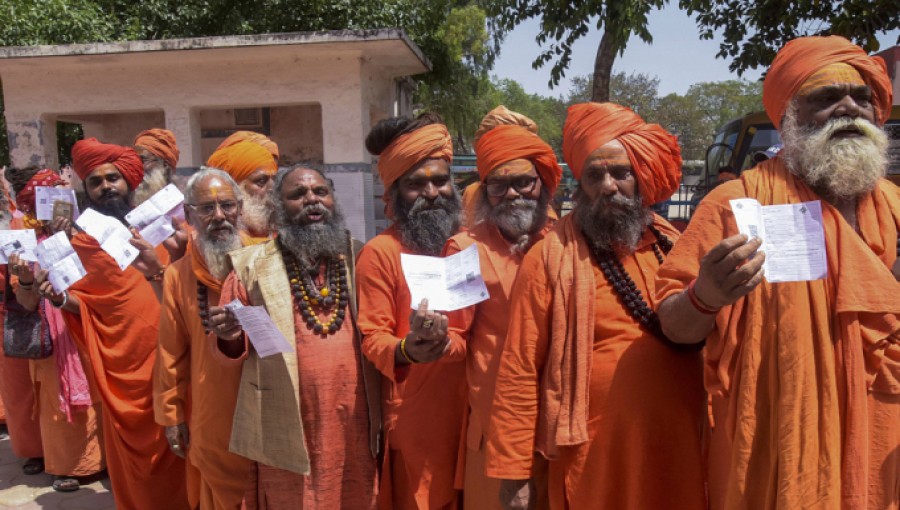
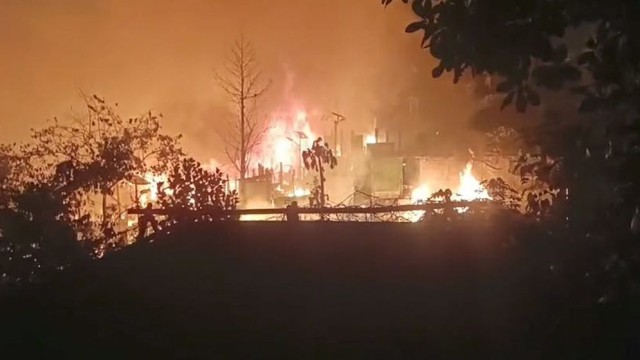

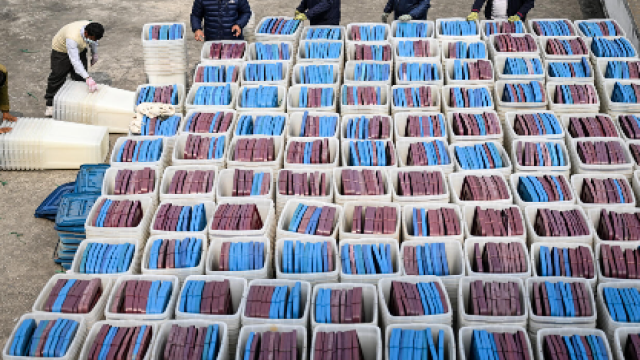


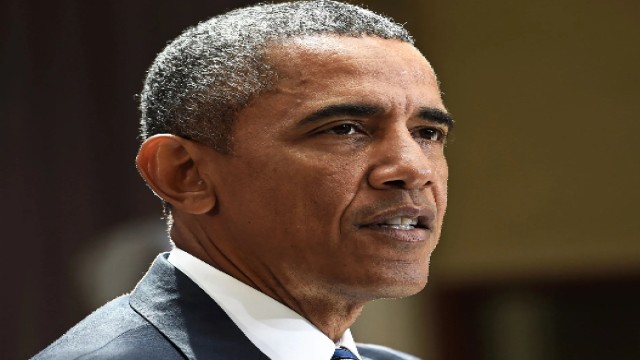
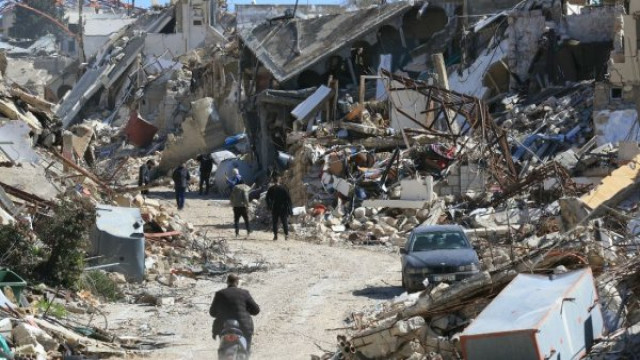
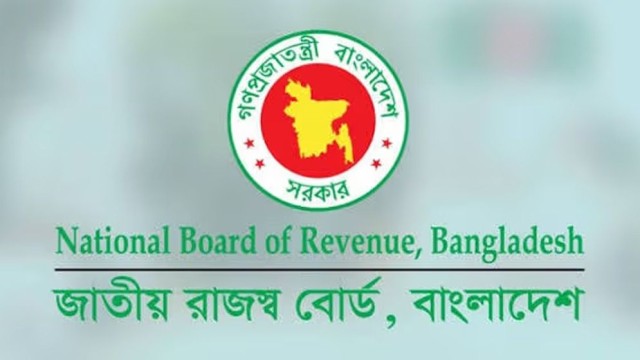

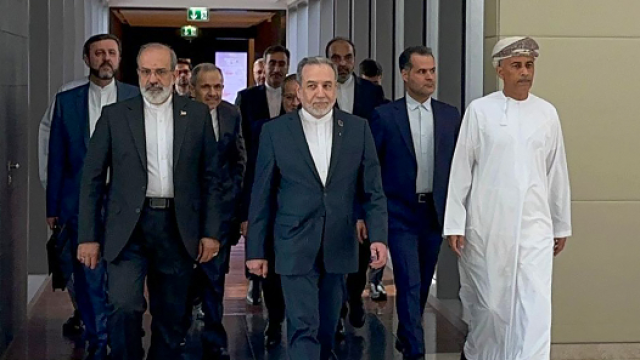

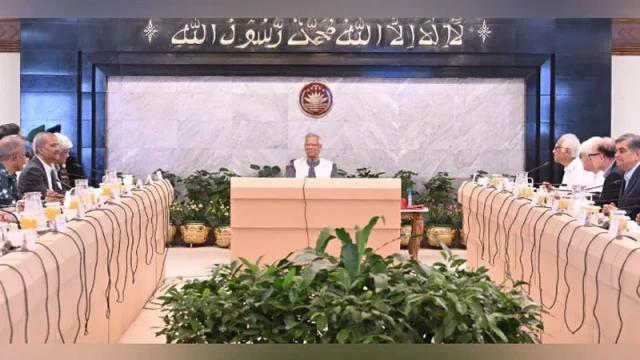
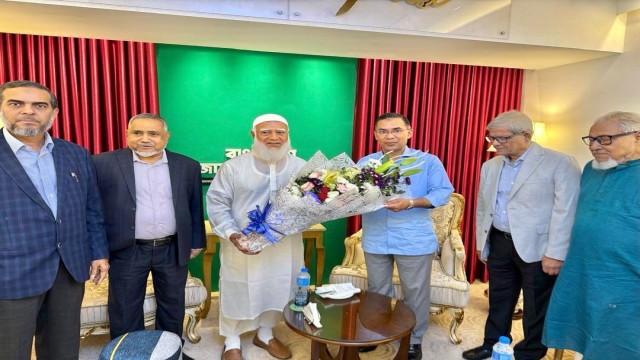











Comment: